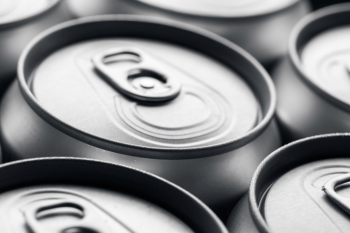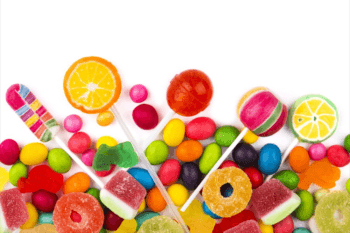These Bad Habits Can Wreck Your Teeth
You only get one chance to make a first impression. Most often, the first thing people notice about you is your smile. Did you know some of your everyday behaviors could be harming your pearly whites? A Texas A&M dental expert delves into the most common bad habits and how they damage our teeth.
“Bad habits and destructive behaviors concerning the mouth may lead to pain, active disease, aesthetic issues and social stigma,” said William Wathen, D.M.D., an associate professor at the Texas A&M University Baylor College of Dentistry. “There are many smart, routine changes we can make to ensure our teeth stay healthy and happy.”
 Don’t drink your enamel away
Don’t drink your enamel away
What is the sneakiest potential offender surrounding oral problems? Carbonated beverages.
“Carbonated drinks like soda and energy drinks can be terrible for your teeth. They contain phosphoric acid known to erode away the enamel on your teeth, and sugar which germs in dental plaque convert to acid,” Wathen said. “Second place goes to fruit flavored beverages, like fruit juice and sports drinks, since they also can contain citric acid and sugar—which has the same effect.”
“Sipping on drinks like these throughout the day is a recipe for disaster because the tooth is exposed to acid constantly,” he added. But, even when consuming carbonated beverages in moderation, Wathen suggests drinking them quickly and rinsing your mouth with water immediately after drinking to remove the acid. “Saliva can neutralize the acids that are in carbonated beverages, however, it takes saliva an hour or more to neutralize the acids if there is plaque on your teeth,” Wathen said. “This is more than enough time to cause damage.”
Do you drink coffee each morning or need a glass of wine to wind down in the evening? Coffee, wine (both white and red) and even dark teas are slightly acidic and can stain your teeth. Stains can be polished off, but the acidity in these drinks can cause tooth decalcification—when the bacteria in plaque produces acids that erode tooth enamel and leech away calcium—a process that is difficult to reverse.
“The best drink for your teeth, and your health overall, is water,” Wathen said.

Your diet and your teeth
Dentists have long warned of the dangers of eating too many sugary treats. “Sugar interacts with the bacteria in your mouth to create acid, and that acid can stick to and erode your teeth if plaque is present,” Wathen said.
The worst candies to eat are hard candies, like lollipops, since they don’t dissolve as easily or as quickly as something like chocolate. This gives them extra time to produce harmful acid. Along with putting too much pressure on your teeth, chewing on hard candy can even cause you to chip a tooth! In addition to hard candies, ice, popcorn kernels and even cough drops can have the same effect.
According to Wathen, caramels, taffy and other sticky candies should also be generally avoided. “Pieces of these types of candies can get stuck in hard to reach places and are difficult to get rid of even with vigorous brushing, so the sugar is held in the vulnerable areas for longer periods—which can add to trouble for your teeth,” he said.
If you can’t help but satisfy your sweet tooth, remember that moderation is key. Wathen suggests rinsing vigorously with water or even brushing your teeth after eating sweets to cut down on damage.
Habits like sucking on fruit and chewing on ice may seem harmless, but they may put your oral health in jeopardy. Sucking on lemons and limes in particular exposes your teeth to citric acid and can lead to decalcification of your teeth. People with this habit have distinctive markers on their teeth—namely, the enamel is worn on the front of their teeth, which immediately alerts your dentist of the issue.
Eating disorders like anorexia, bulimia and binge eating are all health concerns that may negatively impact your oral health. Bulimia in particular—the harmful cycle of binge eating and purging—causes erosion similar to sucking on lemons, except that the erosion occurs on the back of the teeth and not the front.
Continue reading on Vital Record.
This article by Lauren Thompson originally appeared in Vital Record.





